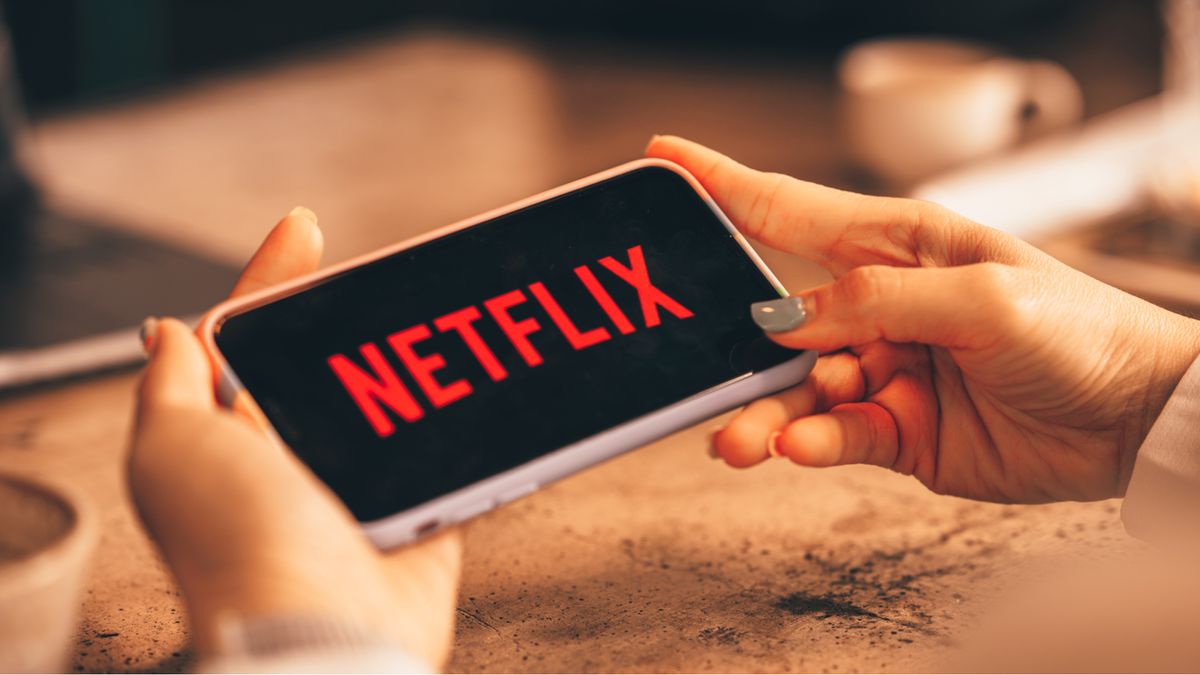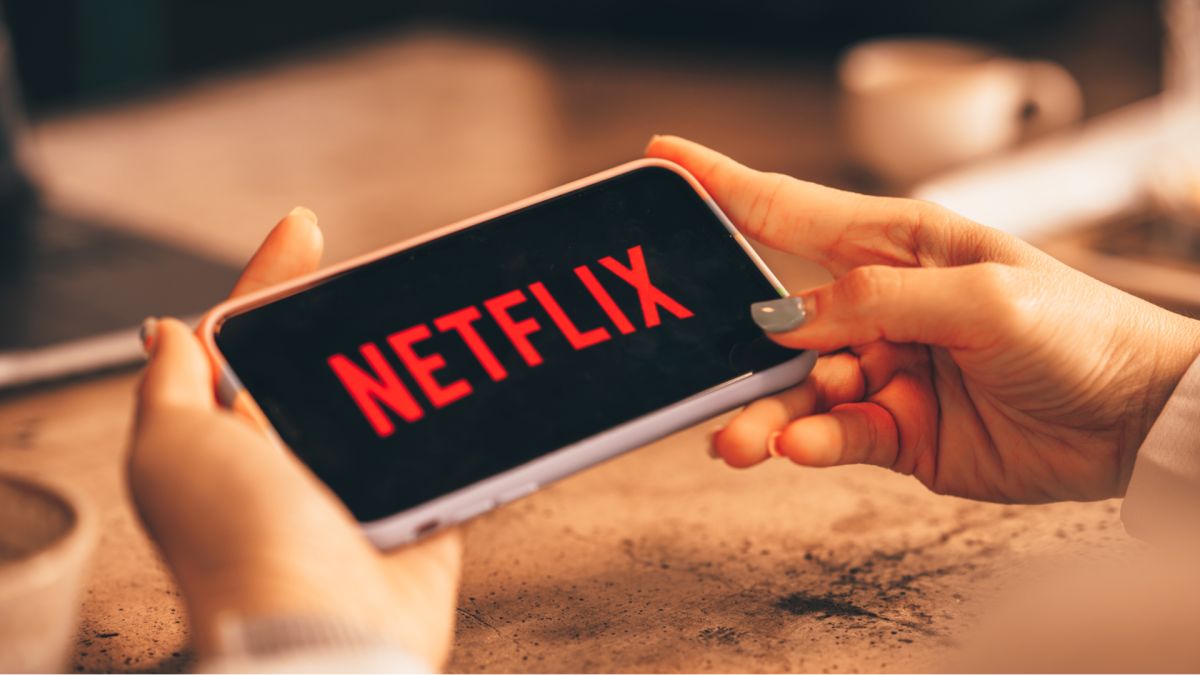
For the first time in over a decade, Netflix is on the back foot.
Despite still boasting more subscribers than any other streaming service (around 221 million at the turn of the year), Netflix bosses revealed in the company’s latest investor report that the platform has hemorrhaged 200,000 paying customers since the beginning of 2022 – a figure expected to reach 2 million come the end of June.
Should the trend continue, analysts predict that Disney Plus will surpass Netflix for paying subscribers by 2024, leaving the streamer vulnerable to other yet-to-be-globalized platforms (like HBO Max and Paramount Plus) with far superior back catalogs of intellectual property to pick from.
But what does Netflix’s decline actually mean for existing subscribers? The answers, it seems, are three-fold – and not all of the streamer’s attempts to stop the bleeding will spell trouble for the 221 million customers keeping it afloat.
A surcharge for sharers
Let’s get the bad news out of the way. For starters, Netflix is all-but certain to begin cracking down on account sharing.
Earlier in 2022, the streamer unveiled a pilot program that added a $2.99 (around £2.50 / AU$4) surcharge to Netflix accounts sharing their passwords with family, friends and freeloaders outside of the bill-paying household.
In the company’s recent investor report – which revealed that 100 million-plus households across the globe are currently flouting the monthly subscription fee – Netflix bosses expressed a desire to double down on the platform’s policing ambitions, meaning this pilot program is likely to take effect globally in the very near future (at present, it remains limited to Chile, Costa Rica and Peru).
According to Netflix, 33% more people could be paying for the service who aren’t already – so if you’re currently using someone else’s login credentials to binge Bridgerton season 2, you can expect a polite (or not-so polite) tap on the shoulder very soon.
Of course, password sharing surcharges aren’t likely to be limited to Netflix alone. As Tammy Parker, Principal Technology Analyst at GlobalData, explained in a statement to TechRadar: “Password sharing is a threat across the streaming industry and does not only impact Netflix. Any success Netflix has in shutting down unauthorized password sharing will be closely watched and potentially copied by every streaming player.”
Netflix’s need to address its recent subscriber losses, then, could have a knock-on effect on the rest of your streaming service subscriptions. As TechRadar’s US editor-in-chief, Lance Ulanoff, puts it: the platform’s password-sharing fee is just the tip of an expensive iceberg.
Subscription shake-up
Netflix’s downward trajectory will also almost certainly have an impact on its business model in the coming years. Company bosses are, for instance, finally getting serious about offering customers a cheaper, ad-supported subscription tier akin to those already offered on rival platforms like Hulu and HBO Max.
Following Netflix’s quarterly investor report, CEO Reed Hastings revealed that the streaming service is now “quite open” to shaking up its business model in an effort to both drive revenue and create the option of lower prices for new and existing subscribers – despite being previously reluctant to do so.
“Those who have followed Netflix have known that I’m against the complexity of advertising and I’m a big fan of the simplicity of subscriptions,” Hastings admitted. “But as much as I’m a fan of that, I’m a bigger fan of consumer choice and allowing consumers who would like to have a lower price and are advertising tolerant get what they want makes a lot of sense.”
HBO launched an ad-supported subscription tier on HBO Max last year, while Disney is planning on introducing a similar plan on Disney Plus later in 2022. It’s not yet clear how much Netflix’s ad-supported subscription tier might cost, nor the parameters this more affordable package could place on the availability of content, though HBO’s model offers a useful marker for what customers can expect.
For $9.99 (around £8 / AU$14) per month, subscribers to the ad-supported version of HBO Max can access the same library of movies and TV shows as those on the standard tier, albeit without the ability to download content for offline viewing or stream it in higher quality than 1080p. It’s likely, then, that Netflix may replicate this approach.
“It’s pretty clear that [this model] is working for Hulu,” CEO Hastings told investors. “Disney’s doing it. HBO did it. I don’t think we have a lot of doubt that it works. All those companies have figured it out, I’m sure we’ll just get in and figure it out as opposed to [testing] it and maybe [doing] it or not [doing] it.”
According to some industry experts – like Kai Henniges, CEO & Co-Founder at Video Intelligence – Netflix could actually use the introduction of ads as an opportunity to re-define what users think of as acceptable advertising.
“As Netflix approaches this new territory, it should continue its famed, relentless focus on user experience,” Henniges told TechRadar. “For some, digital advertising has been synonymous with flashy banner adverts, irrelevant advertising content and irritating pop-ups, but Netflix is in a prime position to leverage new technology to ensure adverts not only provide bottom-line advantages but also satisfy consumers with a tailored experience and real value.”
“If Netflix cleverly analyses the meaning of its content – its topics, verticals, or style – it will be able to contextually match advertising demand to it. Or to put it simply – Netflix should look to deliver ads that are relevant to the program or film they are shown during.”
But introducing an ad-supported subscription tier isn’t the only business model change that could affect existing Netflix subscribers – the streamer could also launch multiple new subscription types in an effort to respond to specific consumer needs.
As GlobalData’s Tammy Parker told TechRadar: “Netflix’s pricing strategy must evolve, especially as inflation eats away at consumers’ wallets, making them choosier about their streaming subscriptions. [Its] plans are poorly differentiated, as they all offer the same content and only vary in terms of video quality and number of screens supported.”
In the near future, then, Netflix may offer its customers more freedom to choose what type of content they’re paying for. Might we see an option offering subscribers access to Netflix original content exclusively, or only series instead of movies? It’s certainly a possibility, and overhauling its subscription packages in such a way could make Netflix a market leader in a new form of uber-bespoke entertainment.
Bigger, better, longer-lasting content
While the big changes mentioned thus far will all place the ball in the court of the consumer, Netflix is confident that content will be king when it comes to reversing its fortunes – which is great news for those frustrated by the streamer’s dwindling TV library and cutthroat cancel culture.
“Our plan is to re-accelerate our viewing and revenue growth by continuing to improve all aspects of Netflix – in particular, the quality of our programming and recommendations, which is what our members value most,” CEO Hastings told investors following news of the company’s subscriber losses.
Given the amount of existing IP that Disney Plus and HBO Max have at their disposal in 2022 (think franchises like Star Wars, Marvel, and Game of Thrones), Netflix faces an uphill battle to prove that it can still produce enough original content to warrant customers’ attention.
Honestly, the Netflix brand is kind of poison right now. “This looks like a Netflix show” is not a compliment. https://t.co/5LJZ3z6fbQApril 19, 2022
Mega-hits like Bridgerton, Squid Game and Stranger Things are excellent tent-pole offerings, but Netflix can evidently no longer rely on their ability to draw in audiences that will stick around for the long-haul. Like Apple TV Plus – whose recent projects CODA and Severance have proven the value in investing in truly unique original programming – the streamer must trust in the willingness of its audience to embrace the unfamiliar, and give its new TV series time to breath before condemning them to the scrap heap.
Improving “the quality of our programming and recommendations” suggests Netflix bosses have, in part, acknowledged that fact – though the streamer’s multi-billion-dollar content spend must become more than the cash-throwing exercise it has appeared to be of late.
The bottom line, then, is that positive change is coming to Netflix. Those recent subscriber revelations may have rocked the stock market’s faith in the company’s lasting value, but they will also serve as the catalyst needed to ensure the platform remains the best streaming service for years to come.
Yes, Netflix will almost certainly begin charging you for sharing account passwords – but, for our money, you’ll also be getting more control over what you pay to watch, and can look forward to a renewed focus on much higher quality original content in the future.
